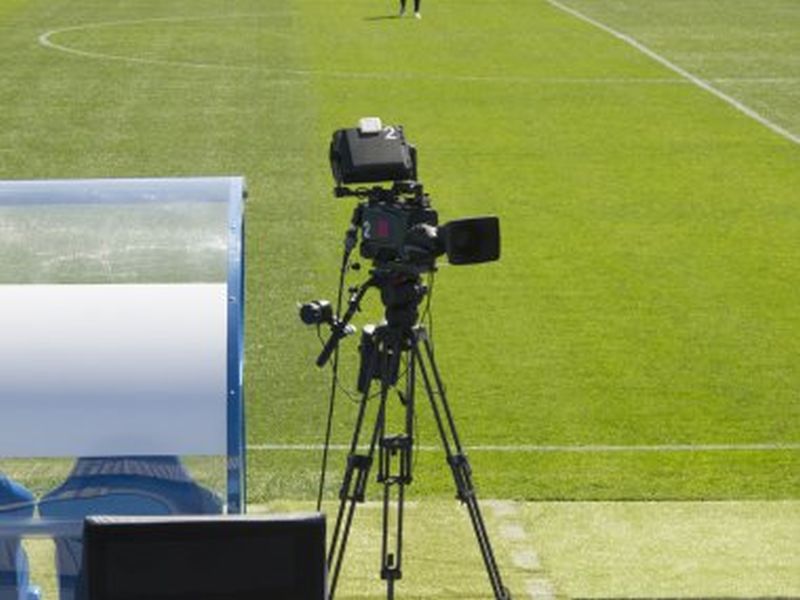Soccer, or football as it is known in many parts of the world, is more than just a game. It is a global phenomenon that unites people from different backgrounds and cultures. The sport has the power to transcend boundaries and bring people together. In recent years, soccer has also been used as a vehicle for positive change and social justice.
The broadcasting of soccer matches has played a significant role in this movement towards social impact. With its widespread reach and large viewership, broadcasters have the power to influence public opinion and drive societal change through their coverage. They have the ability to shed light on important issues, raise awareness, and promote messages of inclusivity and equality.
One example of this is the increased coverage of women’s soccer in recent years. Historically, women’s soccer has received significantly less attention compared to men’s soccer. However, with increased media coverage comes greater visibility for female athletes who are breaking barriers and challenging traditional gender roles within the sport.
The 2019 FIFA Women’s World Cup was a prime example of this impact. The tournament was broadcasted in over 200 countries, reaching millions of viewers worldwide. This platform provided an opportunity for female players to showcase their 축구중계 skills and challenge societal norms surrounding gender roles in sports.
In addition to promoting gender equality through coverage, broadcasters also have a responsibility to highlight issues related to racism, discrimination, and social injustice within the sport itself. Soccer matches have seen incidents of racism directed at players on numerous occasions – from fans chanting racist slogans at games to players facing discrimination on social media platforms.
Broadcasters have utilized their platforms not only to condemn such behavior but also call for action against it – whether it be through campaigns or partnerships with organizations working towards eradicating racism from sports.
Moreover, broadcasting can be used as an educational tool that promotes understanding between cultures. Soccer is often dubbed “the universal language,” making it an ideal medium for promoting cultural exchange through sports. By broadcasting matches from diverse leagues and countries, broadcasters can facilitate a better understanding of different cultures and promote tolerance and acceptance.
Soccer is also being used as a tool for social change in communities around the world. Organizations are utilizing the sport to engage with at-risk youth, providing them with an outlet to express themselves, learn valuable life skills, and develop positive values.
For example, Soccer For Success, a program launched by the U.S. Soccer Foundation, aims to use soccer as a means to reduce childhood obesity rates in low-income communities while promoting positive youth development.
In conclusion, soccer broadcasting has the potential to make a significant impact on society by promoting important messages of inclusivity and equality. It serves as a powerful tool that can bring people together from all walks of life towards a common goal – whether it be on or off the field. As we continue to see changes in the way sports are broadcasted worldwide, it is essential for broadcasters to recognize their role in promoting social change through their coverage.


